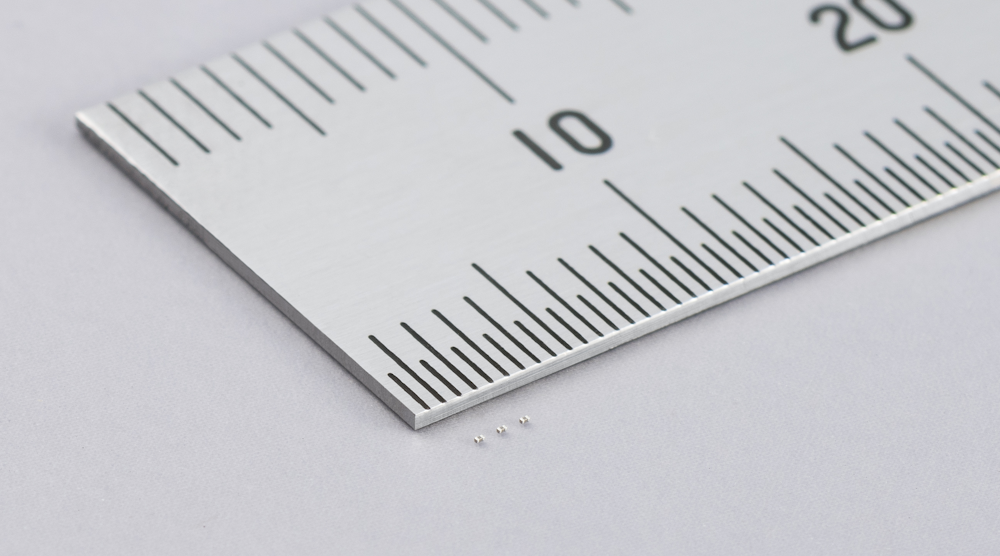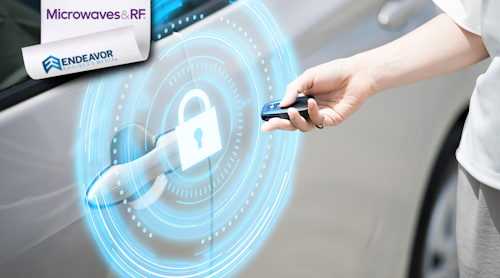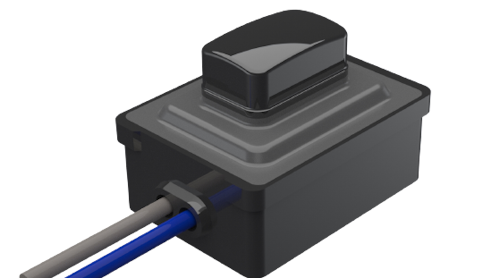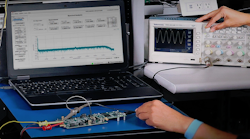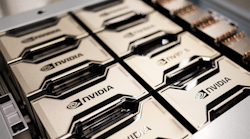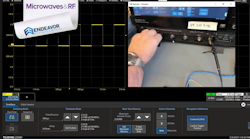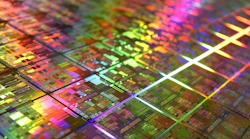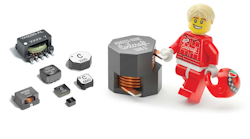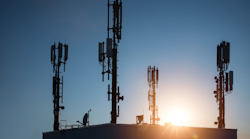th之一e essential components in smartphones and consumer electronics is shrinking. Murata plans to start selling ceramic capacitors as small as a grain of sand, giving customers valuable space to stuff bigger batteries or more advanced electronics in space-constrained devices, ranging from wearables to smartphones. Murata said the part, the GRM011R60J104M, is set to enter production in 2020.
Murata said tiny passive component is 80% smaller than other solutions on the market with the same capacitance (C), or the total amount of electricity that can be stored inside it. The product—which is more commonly called a multilayer ceramic capacitor, or MLCC—also has 10 times higher capacitance than parts with the same footprint. The cap could be used in Apple's iPhone, Google's Pixel, Samsung's Galaxy and other popular phones.
The space inside smartphones is increasingly cramped. To connect to the broad range of frequency bands used in 5G, including millimeter waves, manufacturers are forced to add more antennas, which also means cramming more caps on the circuit board. They are also adding more advanced features, like scanning faces to unlock the screen and ignoring calls by waving your hand in front of the device. That is necessitating bigger batteries.
The capacitor is an indispensable passive component in electronics. The parts are used to regulate the electrical current flowing through circuits by storing and releasing electricity. High-end smartphones are equipped with about 800 to 1,000 passives each, while 300 to 600 are slapped on budget and mid-range models, Murata said. Using smaller caps gives phone manufacturers the freedom to add new components or shrink the circuit board.
The tiny component is produced by grinding down the ceramic powder that serves as the raw material and crushing it into a thick paste. Murata said it had improved the powder so the paste can be pressed into ultrathin sheets. That means more sheets can be stacked, boosting how much electricity can be stashed in the device without increasing its area. The part comes with capacitance of 0.1μF and measures only 0.25 mm by 0.125 mm.
Murata is the global leader in the market for MLCCs, following Samsung of South Korea and Taiyo Yuden of Japan. Murata holds more than 40% of the total market, selling to major players in the smartphone industry, including Apple. The market has been suffering from dire shortages in recent years as smartphones, cars and other devices are crammed with more advanced electronics, driving demand for smaller passives including MLCCs.

